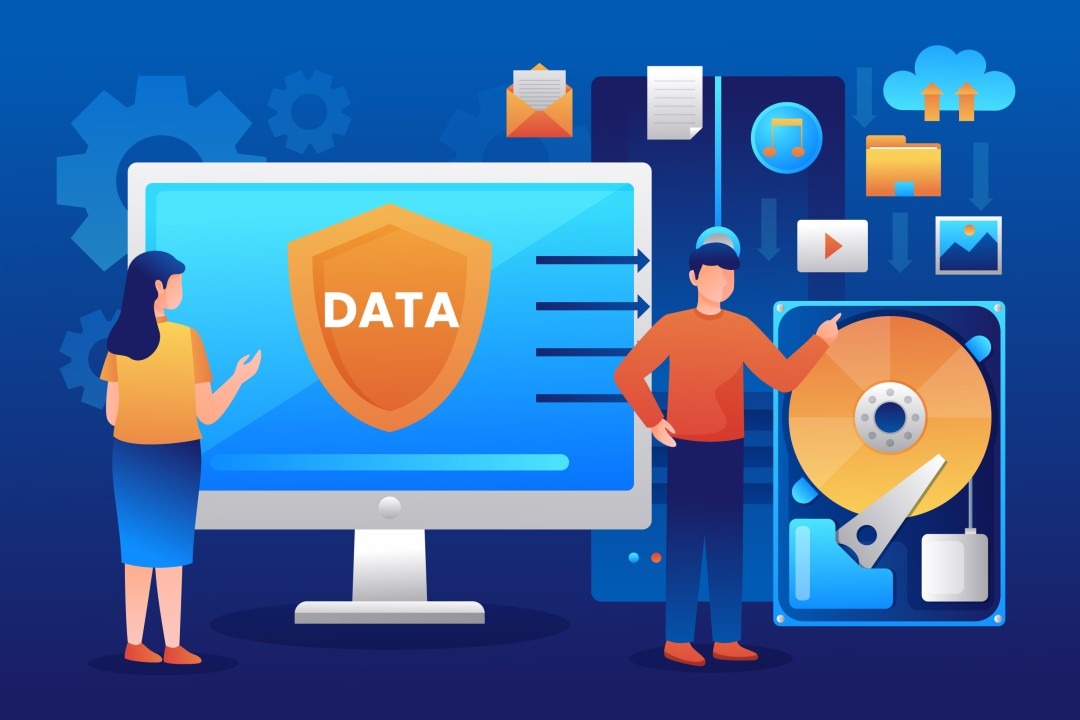In an age where virtually every aspect of our lives is intertwined with the digital realm, the topic of data privacy has taken center stage. As we navigate the complexities of a digitally connected world, safeguarding our personal information has become a paramount concern. This article delves into the intricacies of data privacy, the challenges it presents, and the measures individuals and organizations can take to protect sensitive data.
The Digital Transformation and Data Proliferation
The digital transformation has revolutionized the way we live, work, and interact. From social media platforms and e-commerce websites to Internet of Things (IoT) devices and cloud computing, our daily activities generate an unprecedented volume of data. This data, often referred to as the “new oil,” is invaluable for businesses, governments, and individuals alike. However, it has also given rise to significant privacy challenges.
The Role of Data in Our Lives
Data is ubiquitous. It informs decision-making processes, enables personalized recommendations, and drives innovation. For individuals, it means tailored shopping experiences, personalized content, and even health insights. For organizations, data fuels market research, customer relationship management, and product development.
The Privacy Paradox
While we benefit from the conveniences and insights derived from data, we also face a paradox: the more we rely on technology, the more personal data we share, often without fully understanding the implications. This paradox underscores the importance of data privacy and the need to strike a delicate balance between convenience and security.
Data Privacy Concerns
- Data Breaches: High-profile data breaches have become alarmingly common, resulting in the exposure of sensitive information, including financial records, personal identifiers, and health data.
- Surveillance: The digital landscape is marked by pervasive surveillance, both by governments and corporations. The constant collection of data can erode personal freedoms and civil liberties.
- Data Monetization: Many organizations profit from selling or trading user data, often without users’ explicit consent or knowledge.
Navigating the Data Privacy Landscape
Protecting data privacy is a shared responsibility that involves individuals, businesses, and policymakers. Here are strategies to navigate this landscape effectively:
Individuals
- Data Literacy: Educate yourself about the data you generate and share online. Understand the privacy settings of the platforms and devices you use.
- Strong Passwords: Use unique, strong passwords for online accounts and consider a password manager to keep them secure.
- Two-Factor Authentication (2FA): Enable 2FA wherever possible to add an extra layer of security to your accounts.
- Data Encryption: Opt for encrypted messaging and email services to protect your communication.
- Review Permissions: Regularly review and revoke unnecessary app permissions on your devices.
Businesses and Organizations
- Data Minimization: Collect only the data that is necessary for your business operations, and anonymize or pseudonymize it whenever possible.
- Security Measures: Implement robust cybersecurity measures, including encryption, firewalls, and intrusion detection systems.
- Privacy by Design: Integrate data protection into the design and development of products and services.
- Transparency: Clearly communicate your data handling practices to users and obtain their consent for data processing.
- Data Governance: Establish data governance frameworks and appoint data protection officers to oversee compliance.
Policymakers
- Comprehensive Legislation: Enact comprehensive data privacy legislation that provides individuals with control over their data and imposes strict penalties for data breaches.
- International Cooperation: Foster international cooperation on data privacy standards to ensure consistency in an interconnected world.
- Regulatory Oversight: Establish regulatory bodies tasked with monitoring and enforcing data privacy regulations.
Conclusion
Data privacy is a complex and evolving landscape. As individuals, organizations, and governments grapple with the challenges of a digitally connected world, it is crucial to prioritize data protection. Striking the right balance between the benefits of data-driven innovation and the need for privacy safeguards is essential for a future where individuals can enjoy the conveniences of technology without sacrificing their personal information. By raising awareness, implementing best practices, and advocating for strong data privacy regulations, we can collectively work toward a safer and more secure digital environment.
